Photo Credit: Jimin Kim/SOPA Images
Paramount’s “Mean Girls” was recently queen bee at the box office, raking in $33 million through the Martin Luther King Jr. holiday weekend. Audiences were first introduced to the iconic clique known as ‘the plastics’ when Tina Fey unleashed her celebrated high school comedy 20 years ago. Since then, it’s become a cult classic that spawned a terrible second movie and a more successful 2018 musical stage adaptation. The musical had mixed reviews but managed to secure 12 Tony nominations before its run on Broadway was cut short due to the COVID-19 pandemic.
That brings us to 2023, when Paramount first started to release marketing materials to promote a 2024 release of the “Mean Girls” musical on the big screen. As someone with both a marketing and an acting degree, I took a keen interest in the film very early on, but not for the reasons you might expect. Here’s an example of the posters that adorned movie theater hallways:

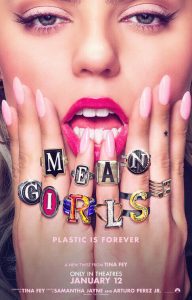
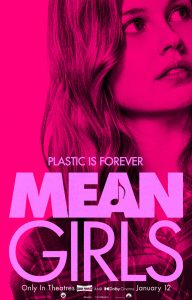
Notice any similarities? Two of the posters state ‘“plastic is forever,” a clear message of nostalgia meant to entice fans of the original movie. The other expands on the nostalgia factor by naming Tina Fey specifically (a smart move seeing as she didn’t oversee the TV movie “Mean Girls 2” and it was terrible without her input). The poster entices audiences by vaguely claiming this version offers “a new twist.” In both cases, the verbiage screams “remake.” What isn’t made obvious is that it is a musical. No mention is made besides a single unassuming musical note hidden in the typography and one of the glistening rings.
The elusiveness didn’t stop there. Just take a look at this official trailer that despite being two minutes long, does not feature a single song from the movie’s score. Instead, it relies on Olivia Rodrigo’s pop hits like any other non-musical movie might. When I first saw these promos in the wild I was absolutely baffled. The marketing left me with more questions than answers, and now Paramount’s president of global marketing and distribution, Marc Weinstock, is having to defend their choices: “We didn’t want to run out and say it’s a musical because people tend to treat musicals differently. This movie is a broad comedy with music. Yes, it could be considered a musical but it appeals to a larger audience. We have a musical note on the title, so there are hints to it without being overbearing.”
Well it certainly wasn’t overbearing, as many patrons are turning to social media to express resentment for being swindled into seeing a musical that wasn’t promoted as such. Just take a look at the responses to this post. It’s important to note that I didn’t have to cherry-pick responses that corroborated my opinion. All of the immediate replies whistle the same unimpressed tune.
Reddit users are pointing out that not marketing to individuals who actually like musicals and instead trying to trick people who don’t love musicals into attending is an odd choice.
Meanwhile, this TikTok showcases a clip of audience members groaning and cackling when a character breaks into song and brings up a lot of valid points including the caption: “If you don’t have confidence in your movie, why should we?”
@cal_cifer_2.0 If you don’t have confidence in your movie, why would we?? #moviemusicals #broadway #meangirls #meangirlsmusicalmovie ♬ original sound – Cal 2.0
On one hand, from a business perspective, the marketing team made a bold move that paid off. They knew movie musicals don’t typically bring in the numbers so they honed in on “remake” energy and won over the box office. A clever marketing tactic, right?
I’m not so sure. Is leaving your audience in the dark good marketing? Is it good for your brand image and customer loyalty to suggest people are purchasing one thing when they’re actually purchasing another? Not to mention the vanity metrics! A lot of people either don’t like musicals or don’t think they translate well to film, and yet these box office numbers now suggest the opposite. How will these metrics impact decision-making going forward?
Personally, I cringed at the “Mean Girls” marketing because it felt disingenuous. If you won’t cater to the average consumer, at least own it! Own that your product might not be for everyone – own that it might be more niche. Like Brian Chesky said, “Build something 100 people love, not something 1 million people kind of like.”
In the end, I recognize that Paramount isn’t going to lose many patrons because of this. So long as they keep churning out movies, they’ll fill seats. But I think smaller companies should avoid following in their marketing footsteps; most of us can’t afford to disappoint through deception.
Would you be more hesitant to see a movie from Paramount based on the knowledge that they tried to appeal to a larger audience by not fully disclosing it was a musical? Do you think this kind of marketing is successful? Whether you tuned into the movie or just observed the drama that ensued online after its release, I’d love to hear your opinion in the comments section!

Hailing from Las Vegas, Celeste began working with NISM as a summer intern in 2019. Since then she has found a real home in the community, earned her SMS certification, and currently works as the Social Media Coordinator for NISM and the Social Media Manager for OMCP. Celeste graduated from Saint Mary’s University of Minnesota with a B.A. in Acting & Communication for the Arts. Her passions have always included effective communication both on and off the stage and she is grateful that working remotely allows her the opportunity to pursue her acting career simultaneously. She currently lives in Los Angeles with her wonderful husband and their three pets.
Feel free to connect with Celeste on LinkedIn.
Check out her previous NISM blog post: Battling Imposter Syndrome as a Social Media Professional

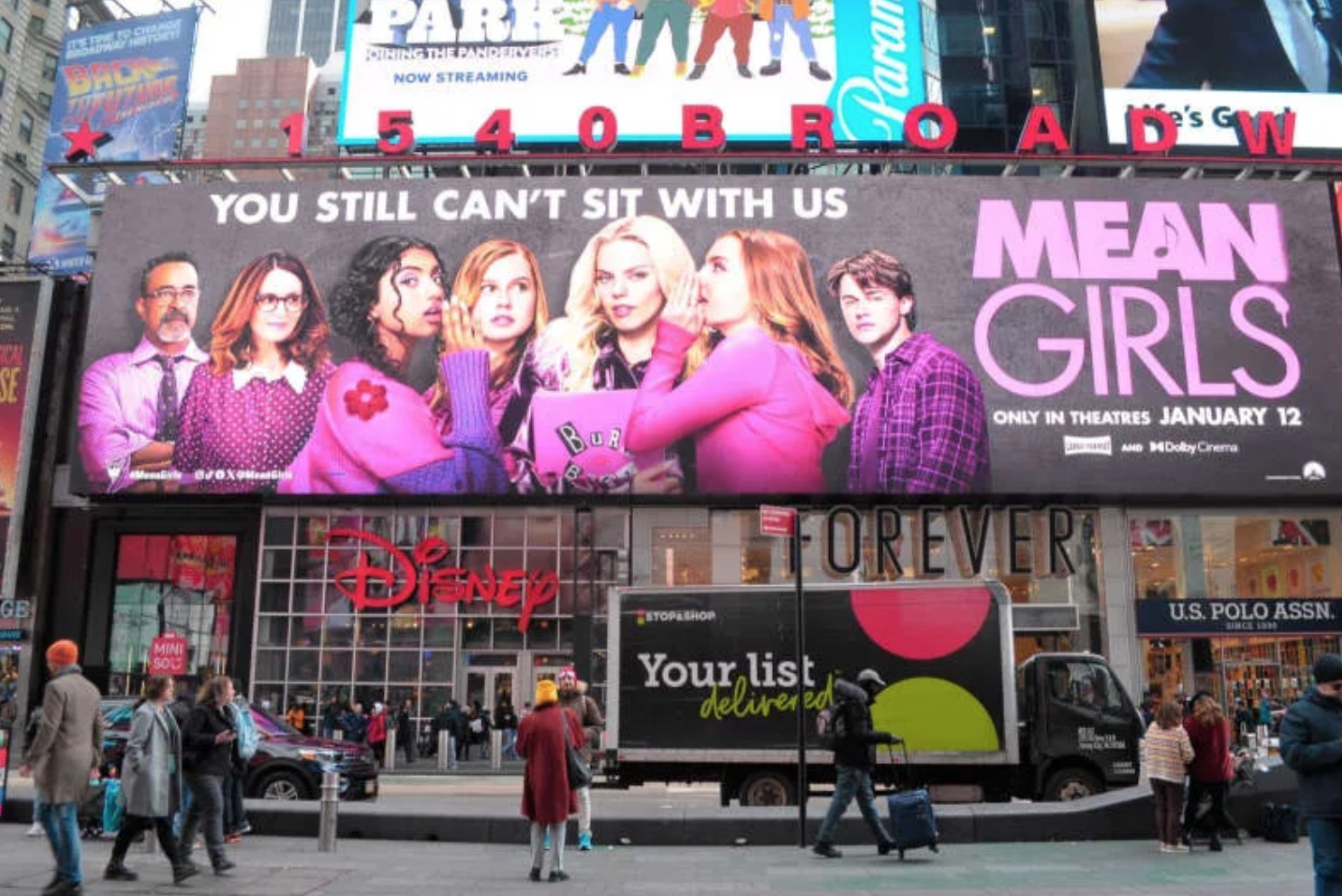
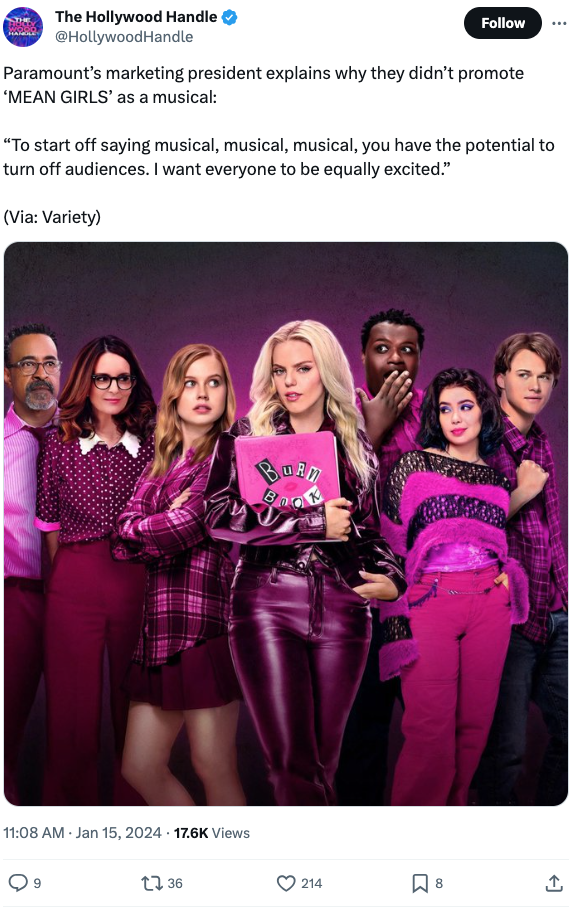

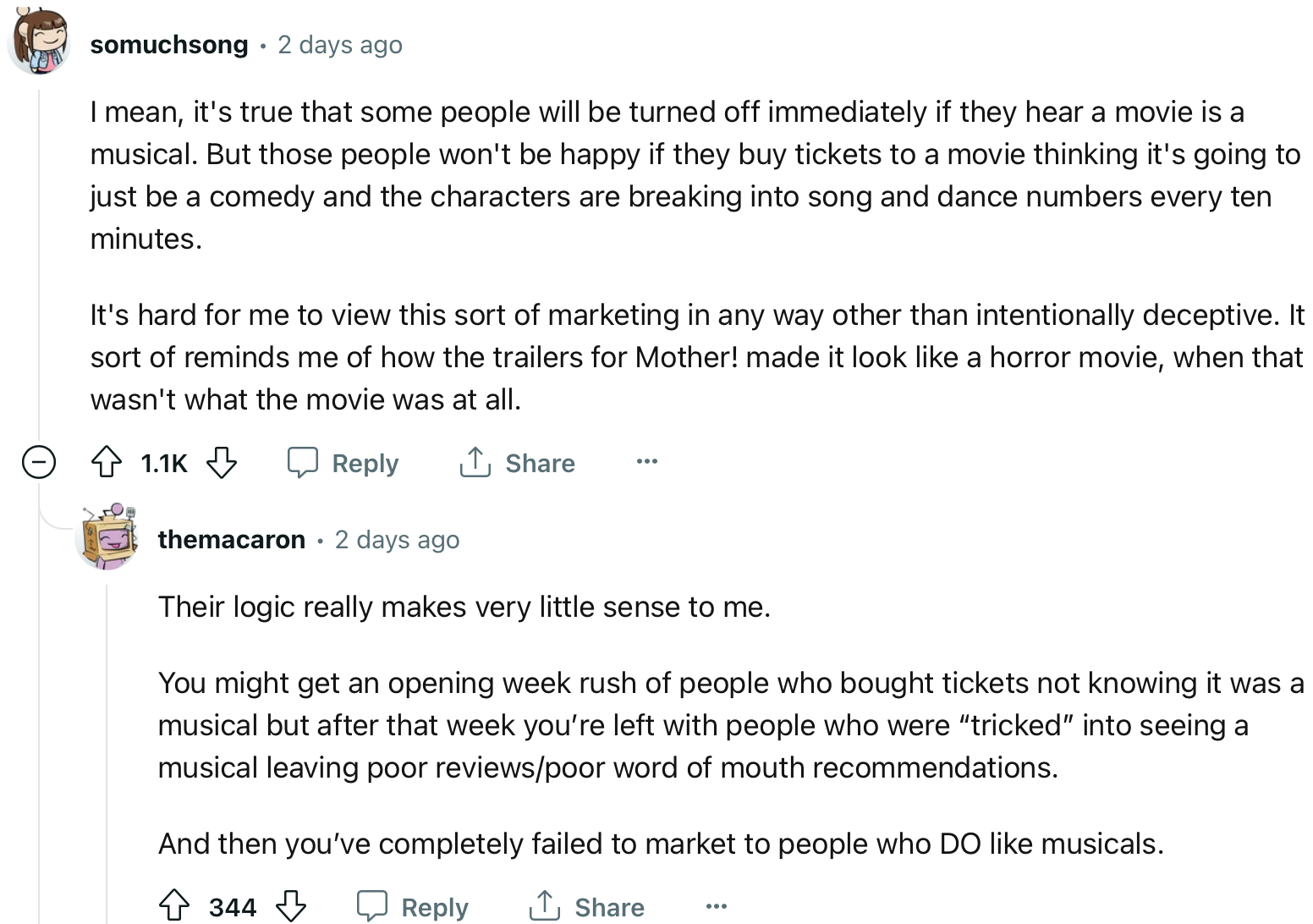
0 Comments